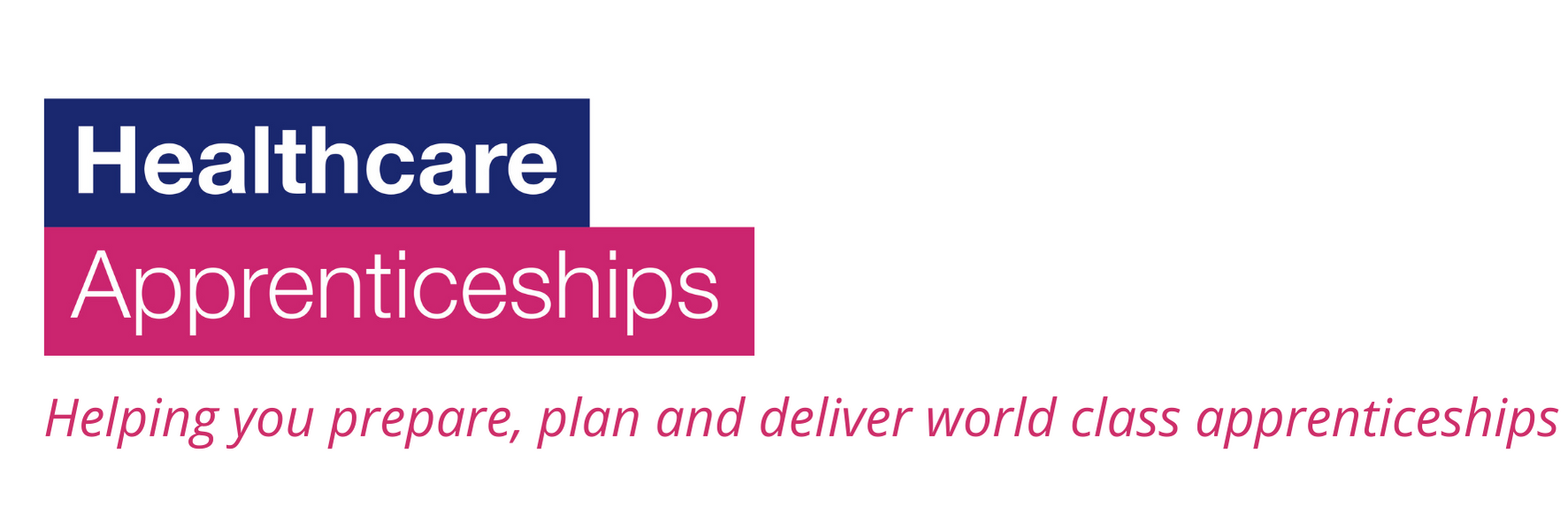K1: Principles of laboratory techniques and scientific experimentation.
K2: How to apply the principles of laboratory techniques and scientific experimentation to contribute to the development of technical projects and the implementation of new processes.
K3: Laboratory equipment relevant to the role and the associated maintenance and calibration requirements.
K4: The key principles of scientific investigation relevant to the role (e.g. route cause analysis or out of specification results).
K5: Named and recognised scientific theory appropriate to the workplace and role (e.g. Chemistry, Physics or Life Sciences).
K6: The requirements and significance of reporting results, considering the importance of accuracy, precision, and recognising trends.
K7: Mathematical concepts and techniques relevant to the work role (e.g. basic statistical analysis, relating to sampling and data to evaluate results).
K8: The basic principles and procedures of project management and how to contribute to project plans with other team members (e.g. project timeline & milestones).
K9: Business requirements pertaining to record-keeping, traceability & confidentiality, and quality control systems.
K10: The internal and external regulatory environment pertinent to the work role and how to comply with regulations.
K11: The importance of operating ethically and sustainably, complying with codes of conduct, and the impact of this on business operations, the wider sector, society, and the environment.
K12: How the role impacts on the business and the environment in which it operates (e.g idea creation, innovation, and enterprise).
K13: The importance of consulting reliable sources of information to keep up to date with scientific, role, or sector knowledge and ways to communicate this to team members.
K14: Health and safety and environmental regulations, procedures, documentation, and risk management systems applicable to the role.
K15: Importance of developing soft skills (people and interpersonal) relevant to the role.
K16: Different approaches and methods, for use in the identification, design, development, and implementation of solutions to technical problems.
K17: Techniques used to identify and manage stakeholder expectations including compliance with codes of conduct.
K18: The importance and impact of good record keeping.
K19: How digital technology enables the functionality of the working environment to be adaptable to change.


